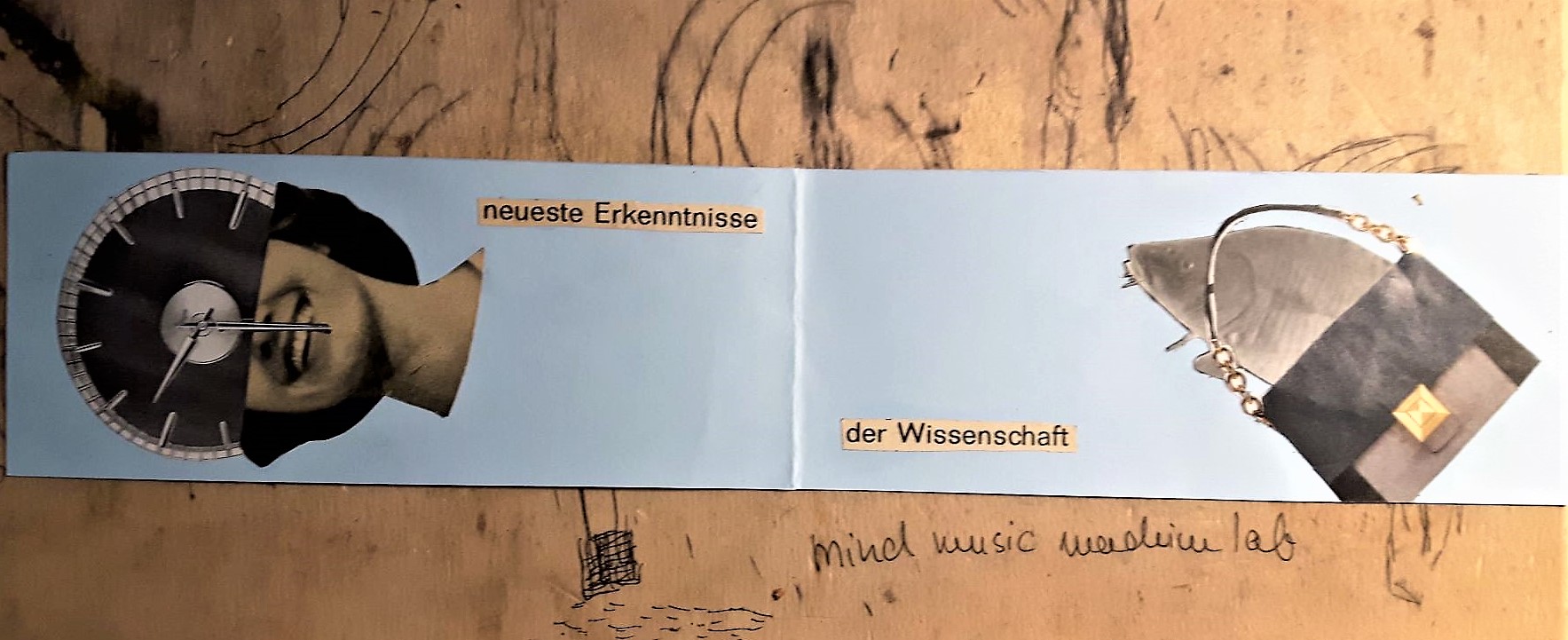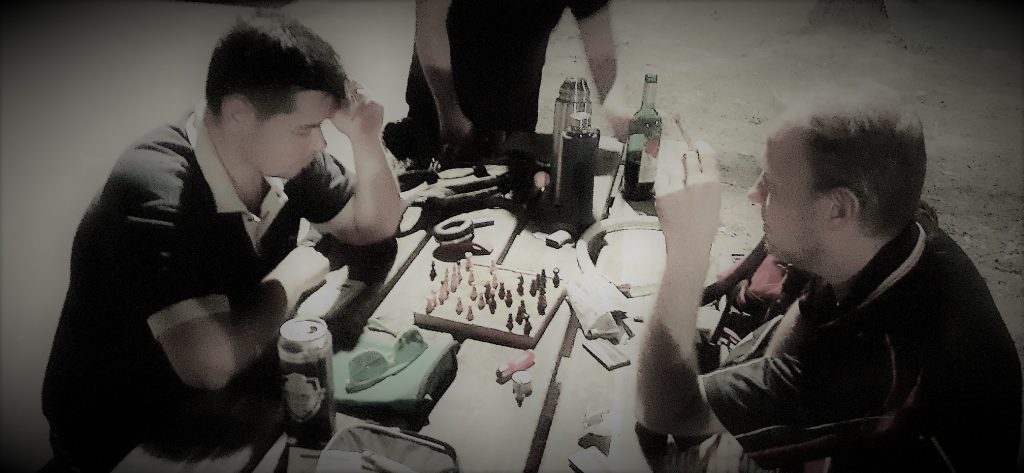
”Nein, den Sinn des Spiels können uns die Regeln des Spieles [ . . . ] nicht geben – wir müssen ihn schon selbst finden. Und wenn uns [ . . . ] der Sinn zu entgleiten droht, so werden wir ihn immer wieder neu (er)finden.”
Nowotny, Helga in: science + fiction. Zwischen Nanowelt und globaler Kultur. Iglhaut, Stefan, Spring, Thomas (eds.). jovis, Berlin, 2003. p. 30
No, the rules of the game cannot give us the meaning of the game – we have to find it ourselves. And if the meaning threatens to slip away from us, we will always find (invent) it anew.




